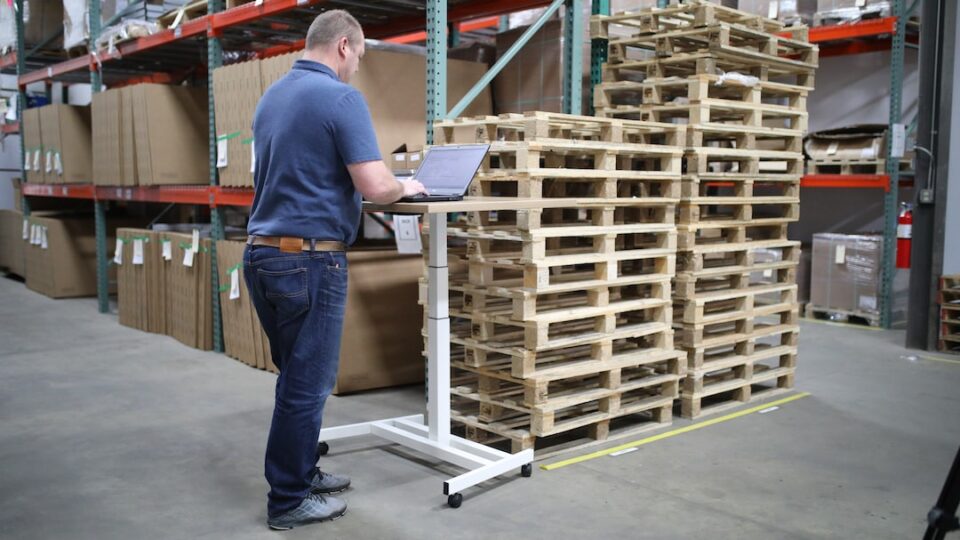The manufacturing industry has always been a critical driver of economic growth and innovation. However, in recent years, technological advancements and shifting consumer demands have drastically reshaped the manufacturing landscape. As a result, the sector is faced with the challenge of adapting to these changes and developing a highly skilled workforce to remain competitive in the global market.
One of the key factors driving these transformations is the rapid advancement of automation and digital technologies, such as artificial intelligence (AI), machine learning, and the Internet of Things (IoT). These technologies have the potential to revolutionize the manufacturing industry by streamlining processes, increasing efficiency, and reducing costs. While there are concerns about the potential impact of automation on jobs, it is crucial to recognize that these technologies also create new opportunities and demand for emerging skills.
One of the emerging skills that will be in high demand in the manufacturing workforce of the future is data analytics. As automation and digitization become more prevalent, manufacturers will generate an unprecedented amount of data. This data is a goldmine of insights that can be utilized to drive operational improvements, enhance product quality, and make strategic decisions. Therefore, the ability to effectively collect, analyze, and interpret data will be crucial for manufacturing professionals.
In addition to data analytics, proficiency in emerging technologies will also be essential for the manufacturing workforce of the future. AI, machine learning, and robotics are expected to play a significant role in transforming manufacturing processes. Workers who have the skills to develop, operate, and maintain these technologies will be highly sought after. Moreover, the ability to seamlessly integrate these technologies into existing manufacturing systems will be a valuable skillset.
Another significant trend shaping the manufacturing workforce is the increasing emphasis on sustainability and green initiatives. As the world grapples with environmental challenges, manufacturers are under pressure to adopt sustainable practices and reduce their carbon footprint. This shift towards sustainability creates new job opportunities, such as sustainability engineers, green supply chain managers, and waste reduction specialists. Manufacturing professionals with expertise in sustainable manufacturing practices will be in high demand as companies strive to align with consumer expectations and meet regulatory requirements.
The future manufacturing workforce will also need to possess a strong foundation of STEM (science, technology, engineering, and mathematics) skills. The industry increasingly requires workers who can tackle complex problems, design innovative solutions, and possess a solid understanding of advanced technology. Consequently, educational institutions and training programs need to prioritize STEM education to provide individuals with the necessary skills to thrive in the manufacturing sector.
The nature of work in the manufacturing industry is also evolving, with an increased focus on collaboration and interdisciplinary approaches. Traditionally, manufacturing jobs were often siloed and specialized. However, as technology continues to blur boundaries between different roles, there is a growing need for workers who can work across disciplines and effectively communicate with professionals from diverse backgrounds. The ability to collaborate, adapt to change, and think critically will be highly valued in the manufacturing workforce of the future.
Moreover, soft skills such as creativity, problem-solving, and emotional intelligence will also play a crucial role in the future of manufacturing. Automation may handle repetitive tasks, but it is human creativity and ingenuity that will drive innovation and enable manufacturers to stay ahead of the curve. The ability to think outside the box, identify opportunities for improvement, and effectively communicate ideas will be highly sought after in the evolving manufacturing landscape.
In conclusion, the manufacturing workforce of the future will require a unique blend of technical expertise and soft skills. Data analytics, proficiency in emerging technologies, sustainability knowledge, STEM education, collaboration, and adaptability will be critical for individuals aiming to secure jobs in this rapidly changing industry. As manufacturers embrace automation and digital transformation, it is vital for educational institutions and training programs to adapt their curricula to equip the future workforce with the necessary skills to thrive in the manufacturing sector. By doing so, the manufacturing industry can successfully navigate these disruptive changes and continue to drive economic growth and innovation.


